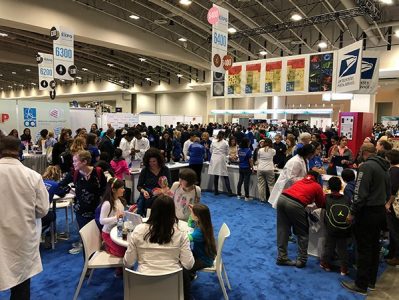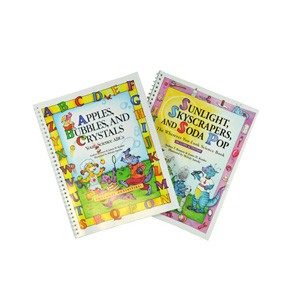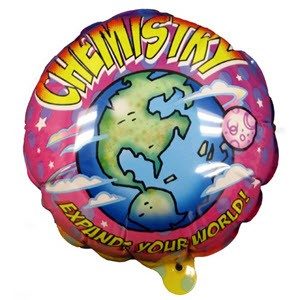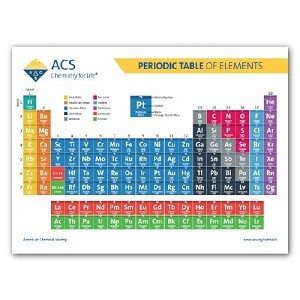ACS and the USA Science & Engineering Festival

ACS is a proud sponsor of the USA Science & Engineering Festival and the SciFest Virtual STEM Expo. This year, celebrate National Chemistry Week (October 17–23) during the 2021 SciFest Virtual STEM Expo (October 18–24).
If you attended the Festival or SciFest and stopped by the ACS Chemistry Pavillion, you may enjoy the selected resources below.

These green and black preserved eggs don’t really look like food, but the chemistry of fermentation turns pidan, or century eggs, into a Chinese comfort food. In this Reactions episode, we’re talking about the science of these unusual treats.
Watch what happens when you put a drop of dish detergent into a plate layered with milk and food coloring! James Kessler explains the chemistry that causes this tie-dye-like reaction and gives a demonstration for kids to follow along with at home.
A is for apple. What makes apple slices turn brown? B is for bubbles. How do you make bubble solution from household items? C is for crystals. How are crystals made? Science ABCs is a fun way to learn about science and do cool experiments at the same time.
- Fizzy Fun!: There are a lot of ways to tell one mineral from another.What happens when you put acid on different minerals? What does the acid test tell you?
- Iron for Breakfast: Is your cereal magnetic? Let’s see! Using strong magnets, we will pull iron, an essential nutrient, from breakfast cereals. Kids and parents alike are amazed at the amounts of this element that can be found in delicious food!
- Lincoln Drops: Predict how many drops of water can be placed on the head of a penny before any of the water spills off.
Adventures in Chemistry
Games, experiments, and animations to help children learn about chemistry.
- Secret Science of Stuff - Experiments and animations that explore common everyday items.
- Science ABCs - Animated videos to help young children learn about everyday chemistry
- Experiments - Creating slime, moving colors with soap, and finding out what chemicals react to make a candle burn are some of the things children can do with these experiments.
National Chemistry Week
Learn about the value of chemistry in our everyday lives and join the celebration of National Chemistry Week (NCW), our annual public awareness campaign.
- Illustrated Poem Contest - Each year, as part of National Chemistry Week (NCW), ACS sponsors an illustrated poem contest for K-12 students. Participating ACS local sections invite area students to compete.
- Educational Resources - Discover articles, activities, presentations, and videos aligned to this year's theme with these educational resources.
- Celebrating Chemistry Magazine - Read and download current and past issues of our kid-friendly, hands-on activity publications for exploring important chemistry topics.
- ACS Store - Purchase promotional products for NCW, such as pencils, stress balls, and mole plush toys, through the ACS Store.
Science Outreach Programs
Science Coaches - A joint American Chemical Society (ACS) and American Association of Chemistry Teachers (AACT) educational outreach initiative dedicated to enhancing science skills in students across the United States.
Salutes to Excellence - Learn more about this commemorative program to recognize practitioners, products, or places of importance for achievements in chemistry.
Kids and Chemistry - Team up with your local school and utilize this collection of activities and advice for presenting chemistry curriculum to elementary and middle school-aged children.
American Association of Chemistry Teachers
AACT is a community of passionate teachers of chemistry who share strategies, find support, ask questions, and overcome everyday classroom challenges. Membership provides you with an easy way to find innovative and effective ideas to implement into your classroom, and provides you with opportunities to learn from other experienced teachers and professionals.
In chemistry, a mole is an important unit of measurement that chemists use. A mole of something means you have 602,214,076,000,000,000,000,000 of that thing. Chemists have to measure using moles for very small things like atoms, molecules, or other particles. But a mole is also a cute animal! Learn about the science of the mole.







